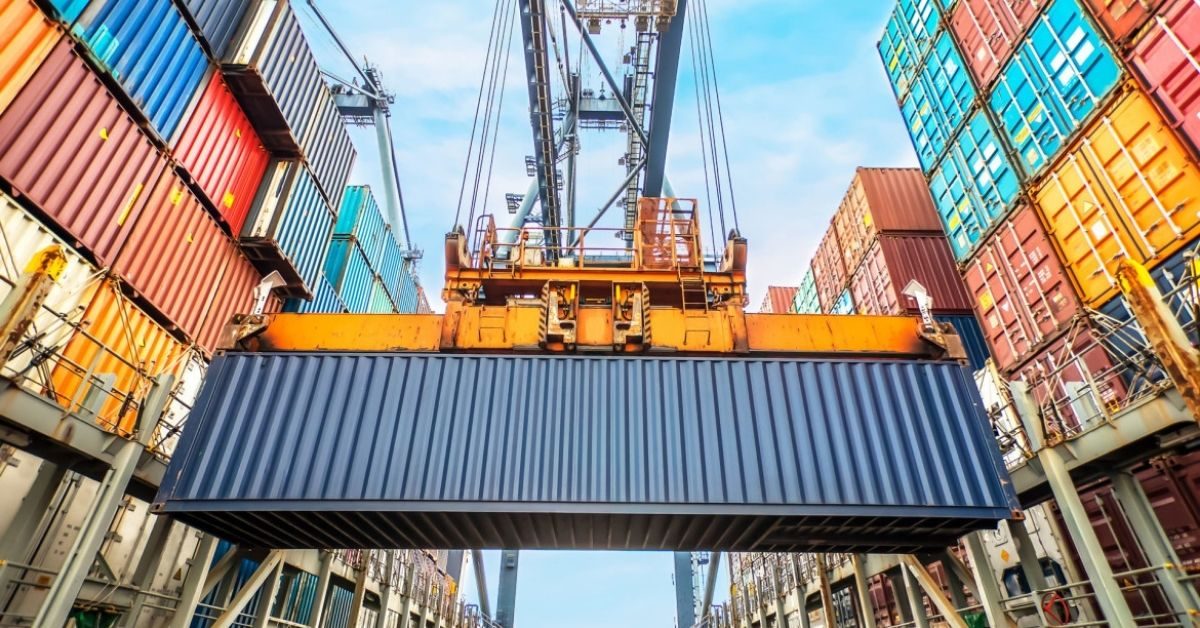Last week, Myanmar’s junta and the Chinese state-owned firm CITIC signed an addendum to the concession agreement for the port project. The signing ceremony was held in Myanmar’s capital Naypyitaw and was attended by top Chinese diplomats.
Although the text of the addendum was not made public, Myanmar government officials said the goal is to restart the project as soon as possible. A statement from the Commerce Ministry said, “the Addendum was signed for clearer and more accurate understanding of the concession agreement regarding the powers and responsibilities of both sides.”
However, some analysts have argued that the addendum is likely to have guaranteed some incentives for China so as to proceed with the project. For instance, key components of the original concession which were thought to be beneficial to China have remained. This includes CITIC holding a 70 percent stake and the Myanmar side 30 percent.
Beijing has been very keen on the Kyaukphyu Port project, with Chinese government officials pushing Myanmar to expedite the negotiation process. In May, Chinese ambassador to Myanmar Cheng Hai implored the junta’s legal affairs minister, Thidar Oo, to speed up the talks on development of the port project.
The plans to build Kyaukphyu Port and its Special Economic Zone (SEZ) began back in 2010, but the Covid pandemic and the military takeover in 2021 significantly delayed the start of construction.
The port project is valued at $7.3 billion and an adjacent Special Economic Zone (SEZ) at $1.3 billion. The site spans around 600 acres in the western state of Rakhine. This area is known best for Myanmar’s military campaign to expel the Rohingya, a Muslim minority group long subject to discrimination in the nation’s predominantly Buddhist society. China, which has been accused of perpetrating serious human rights violations against its own Muslim minorities, has sponsored a small-scale pilot for repatriating Rohingya refugees back to a detention camp in Myanmar.
When complete, China’s Kyaukphyu port project will be the new southern terminus of the 1,700-kilometer China-Myanmar Economic Corridor (CMEC) connecting to the Chinese city of Kunming. The corridor will provide landlocked Yunnan Province with access to the Indian Ocean. It is also a strategic bypass for Chinese shipping to avoid the congested Malacca Strait, easing trade with the Middle East, Africa and Europe.
Besides its economic benefits, military analysts have also suggested that Kyaukphyu Port is of military advantage to the PLA Navy due to its direct access to the Indian Ocean. China has invested heavily in a string of strategically-situated port projects to its south and west, including a new naval base in Cambodia; commercial ports at Hambantota, Sri Lanka and Gwadar, Pakistan; and a full-scale naval station at the port of Djibouti.






